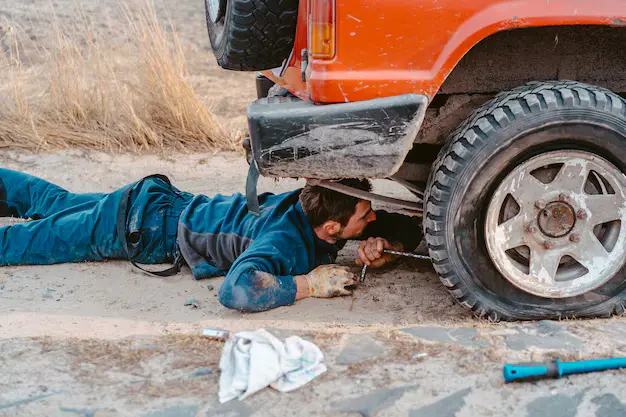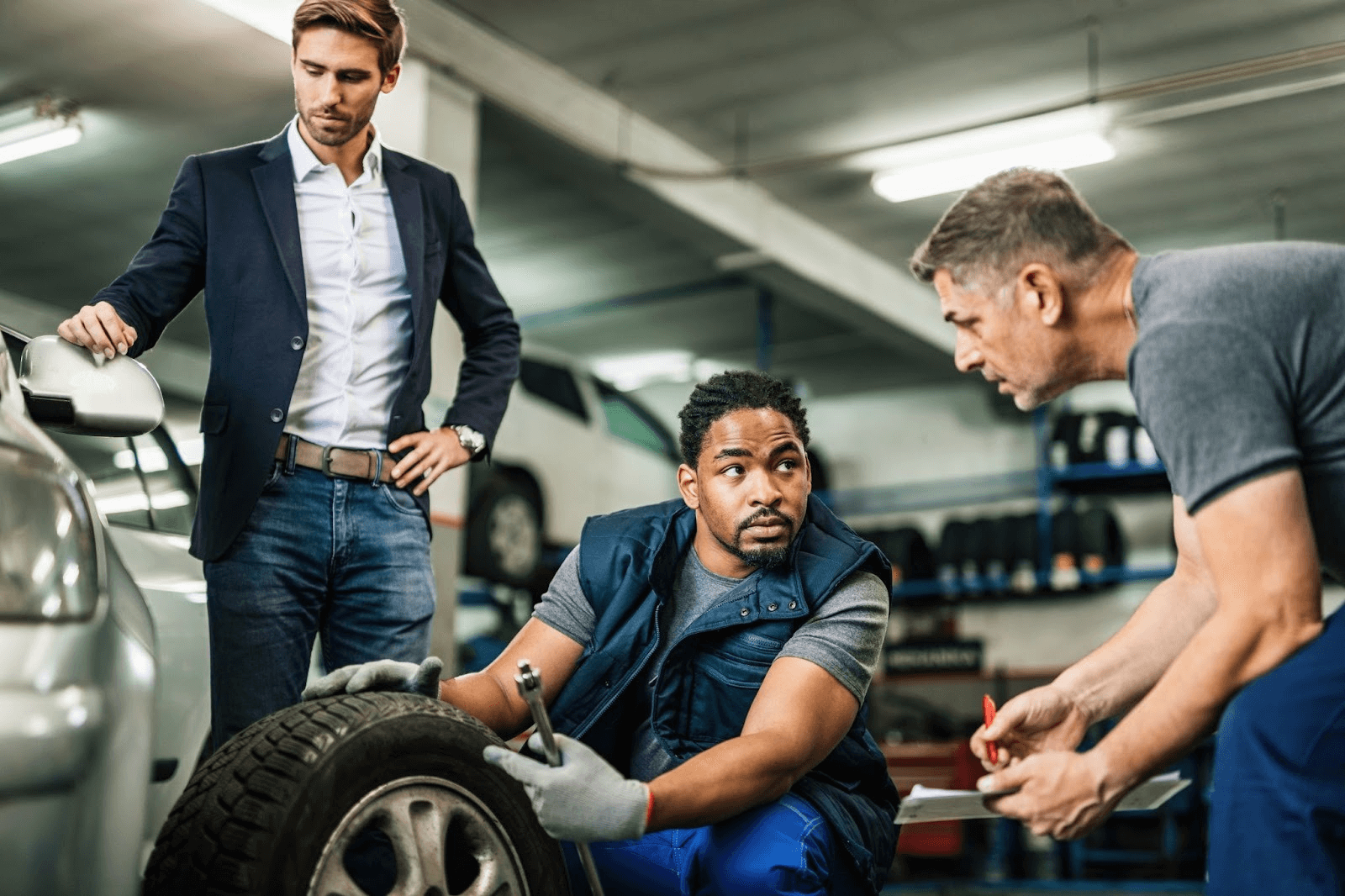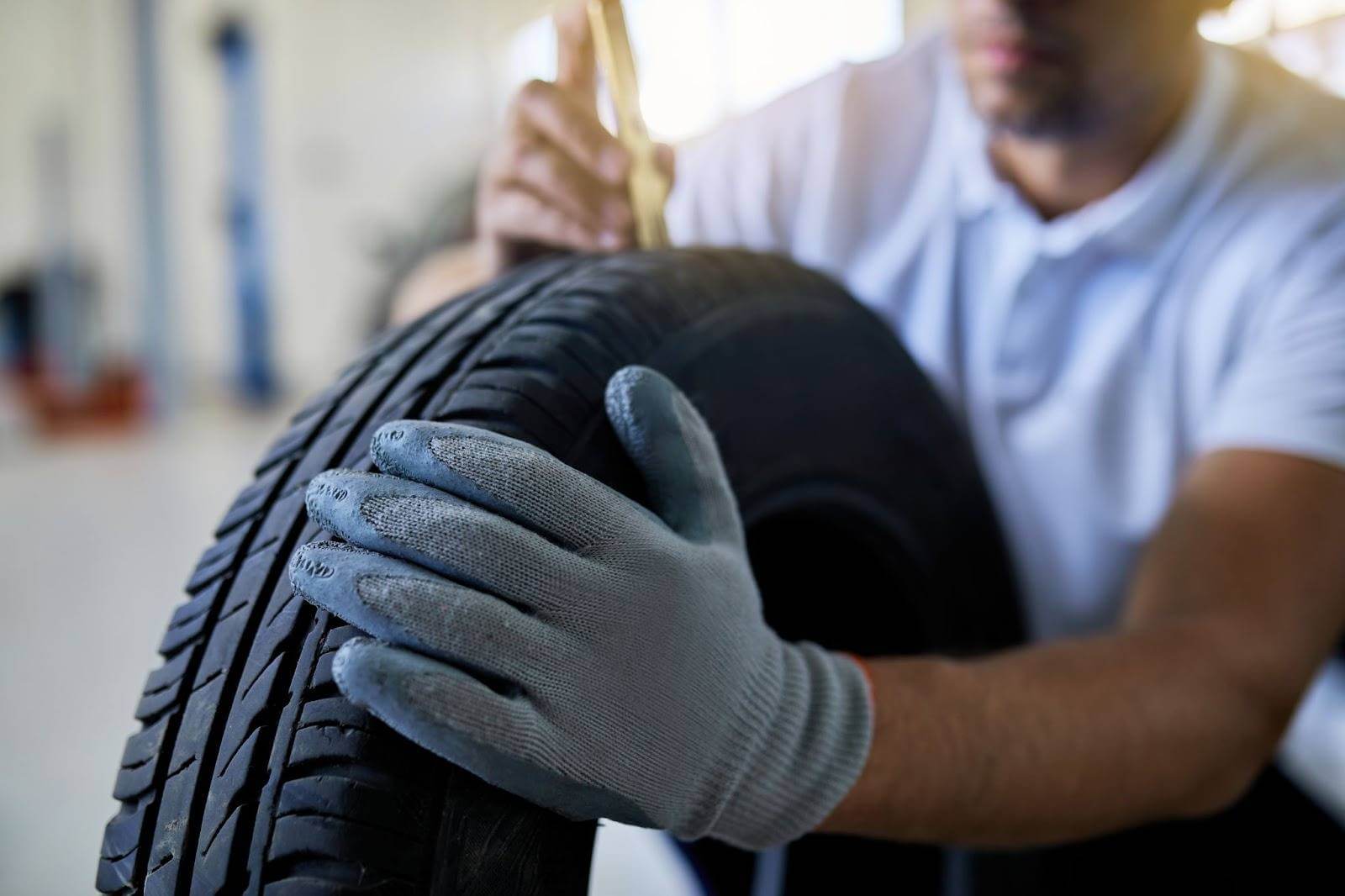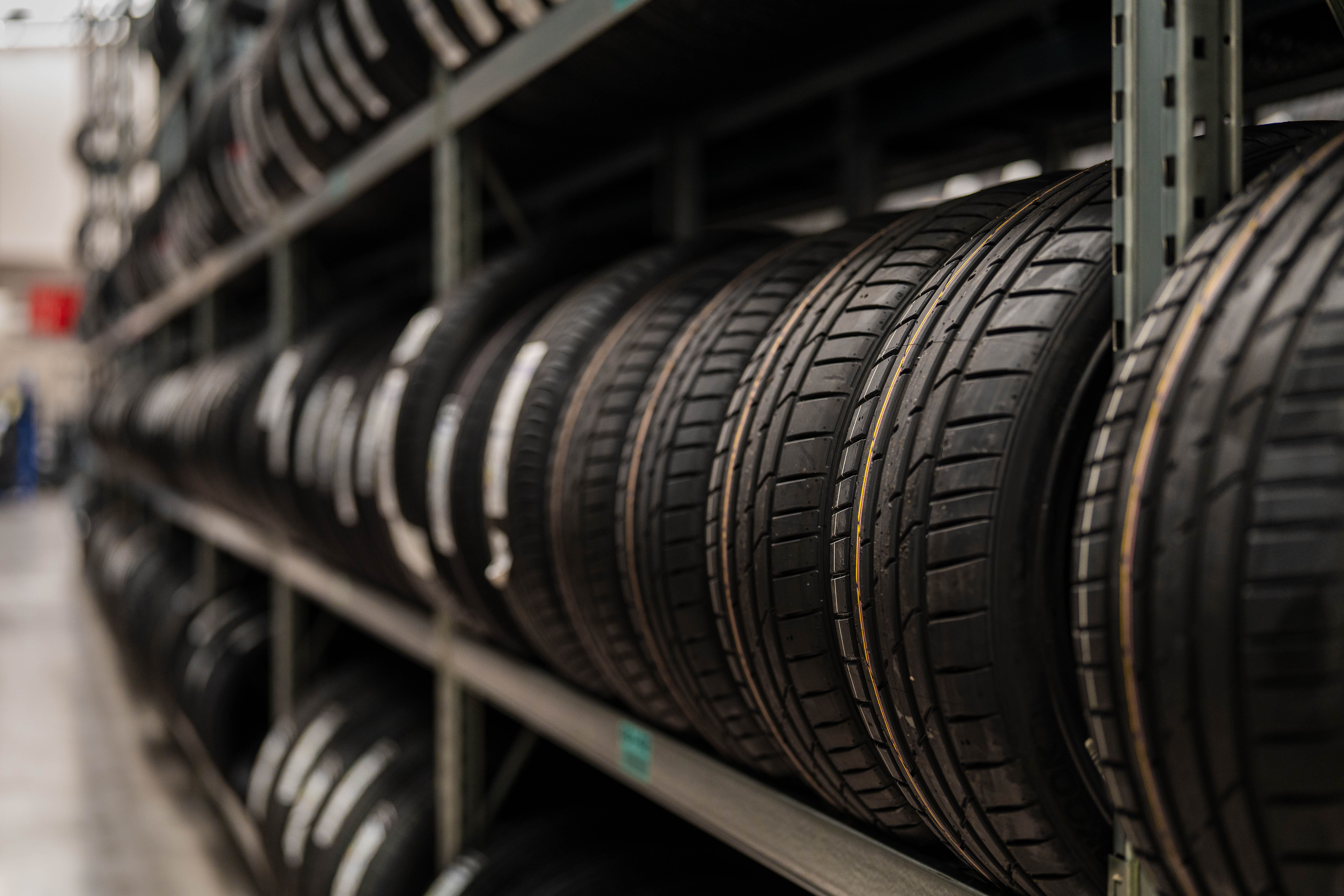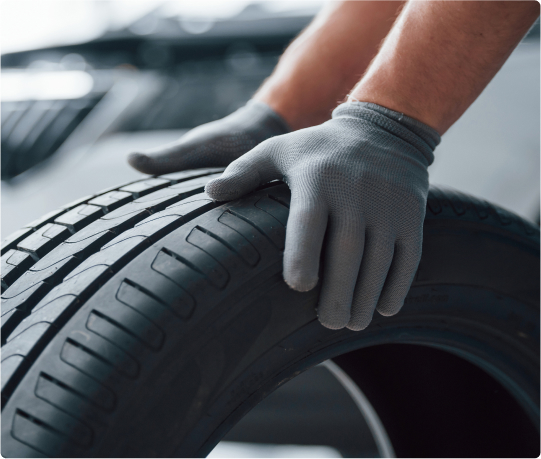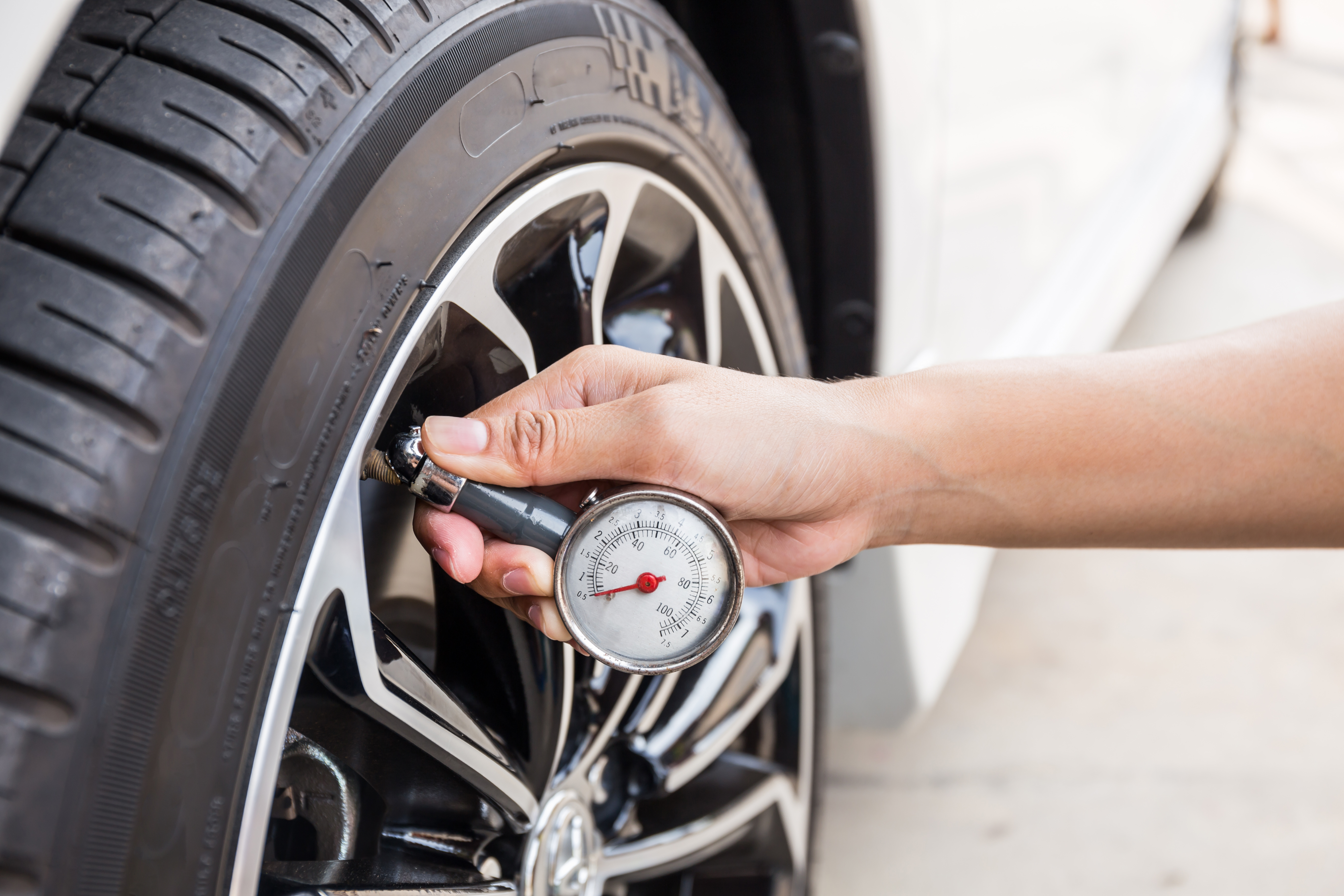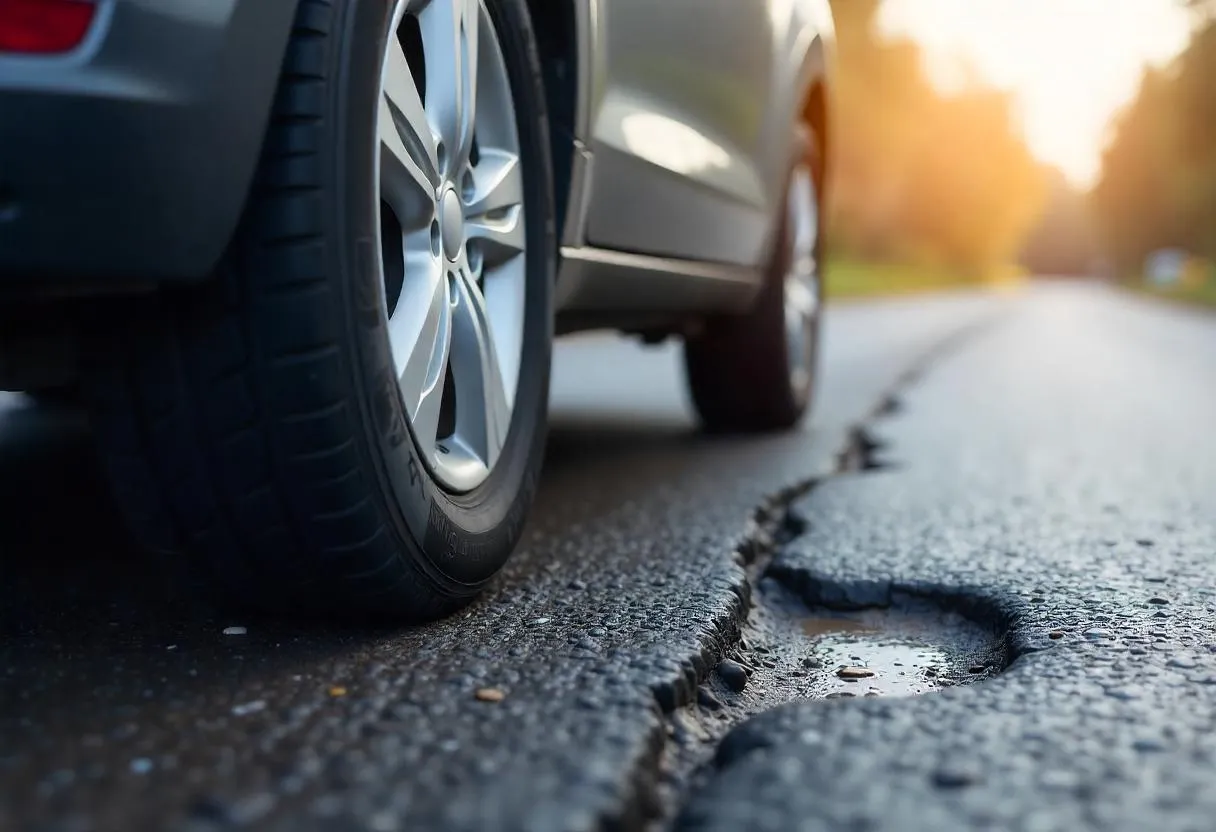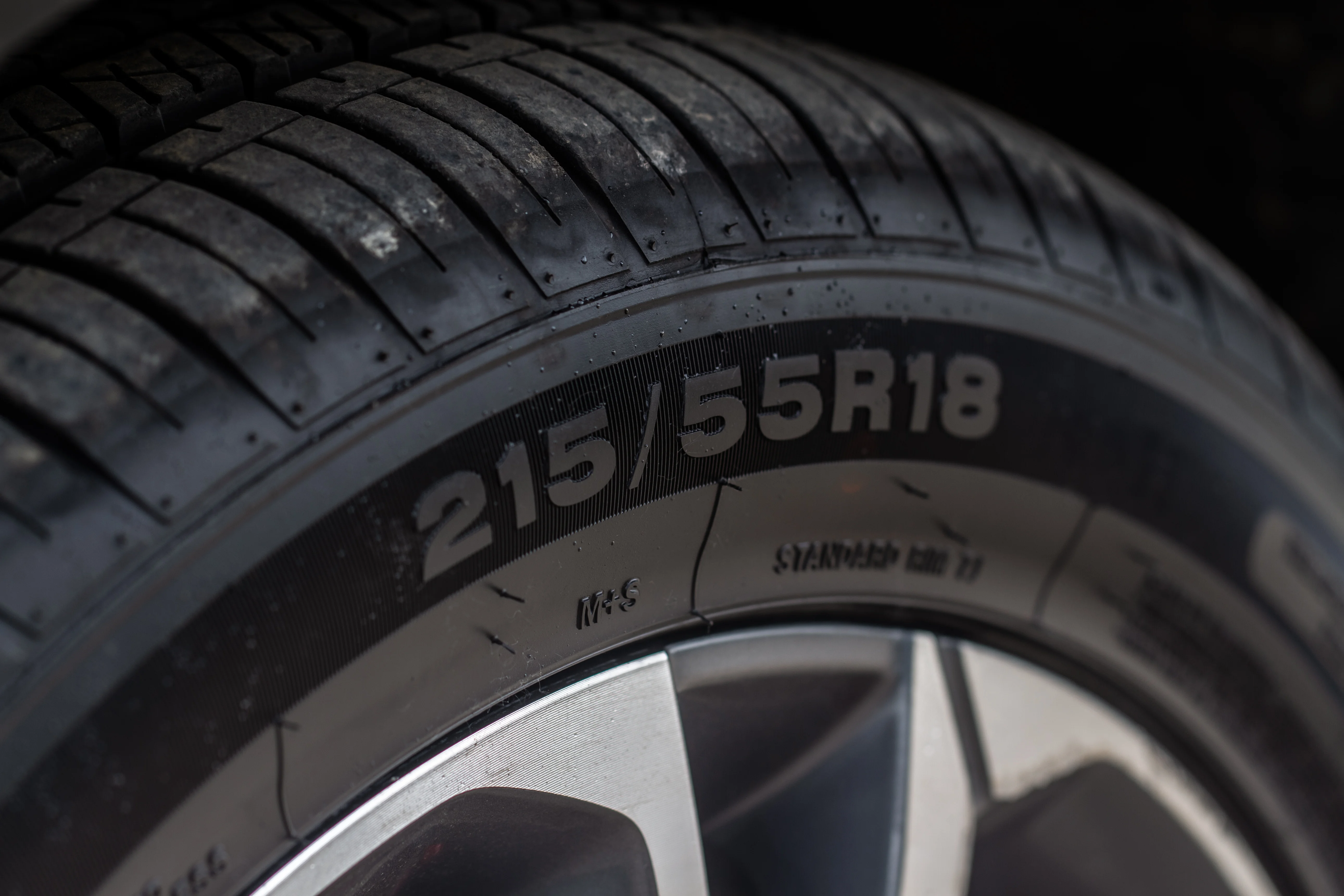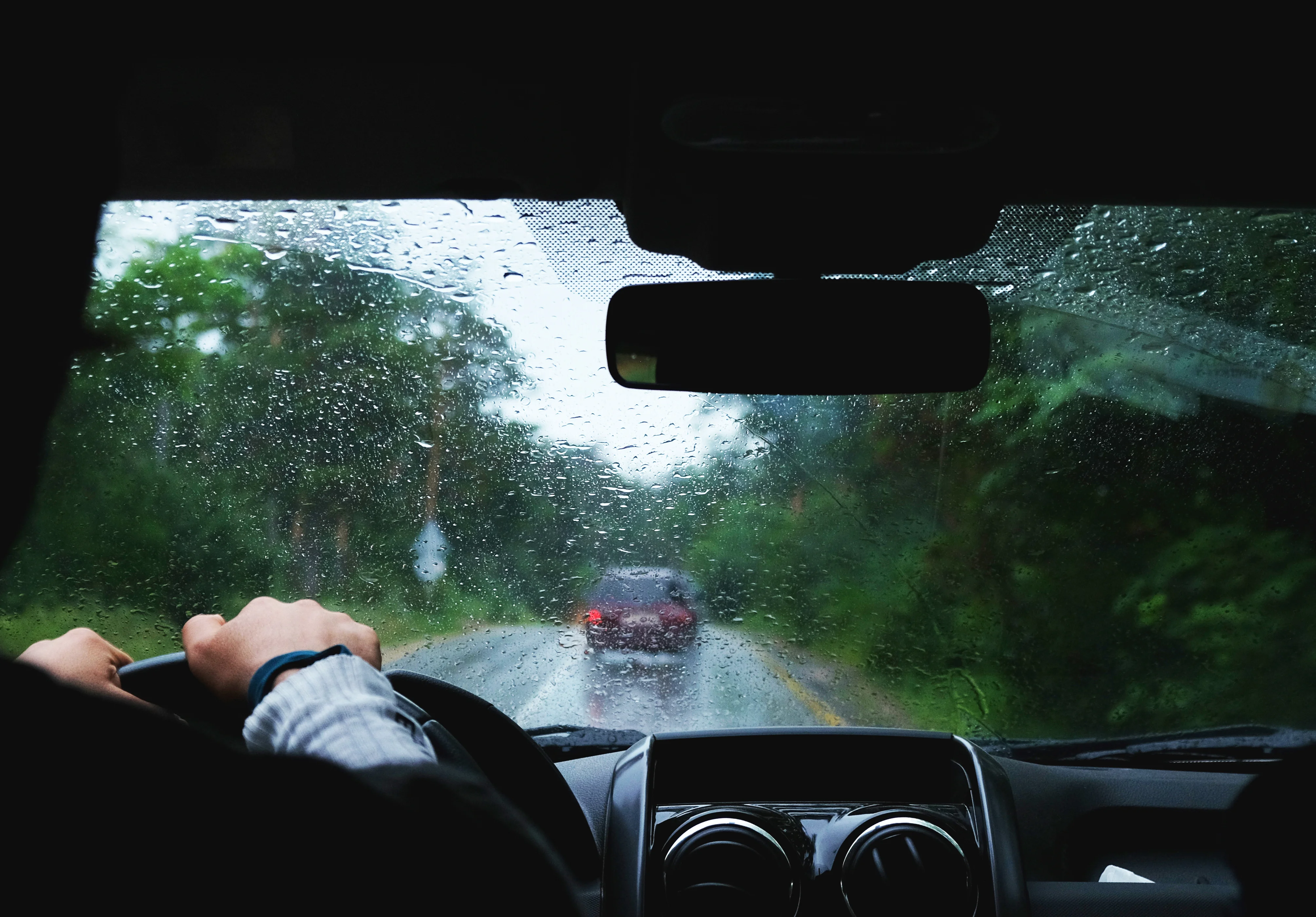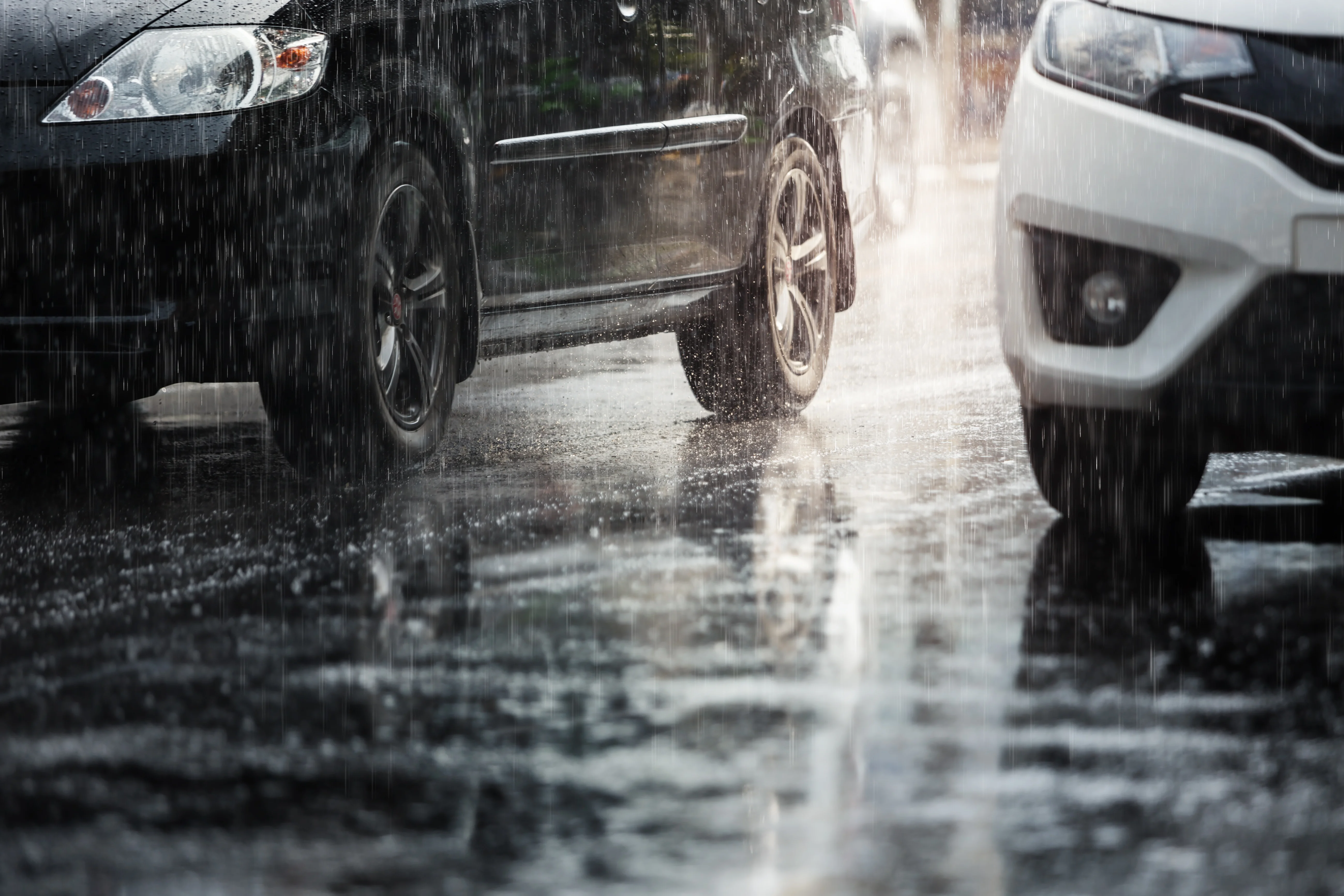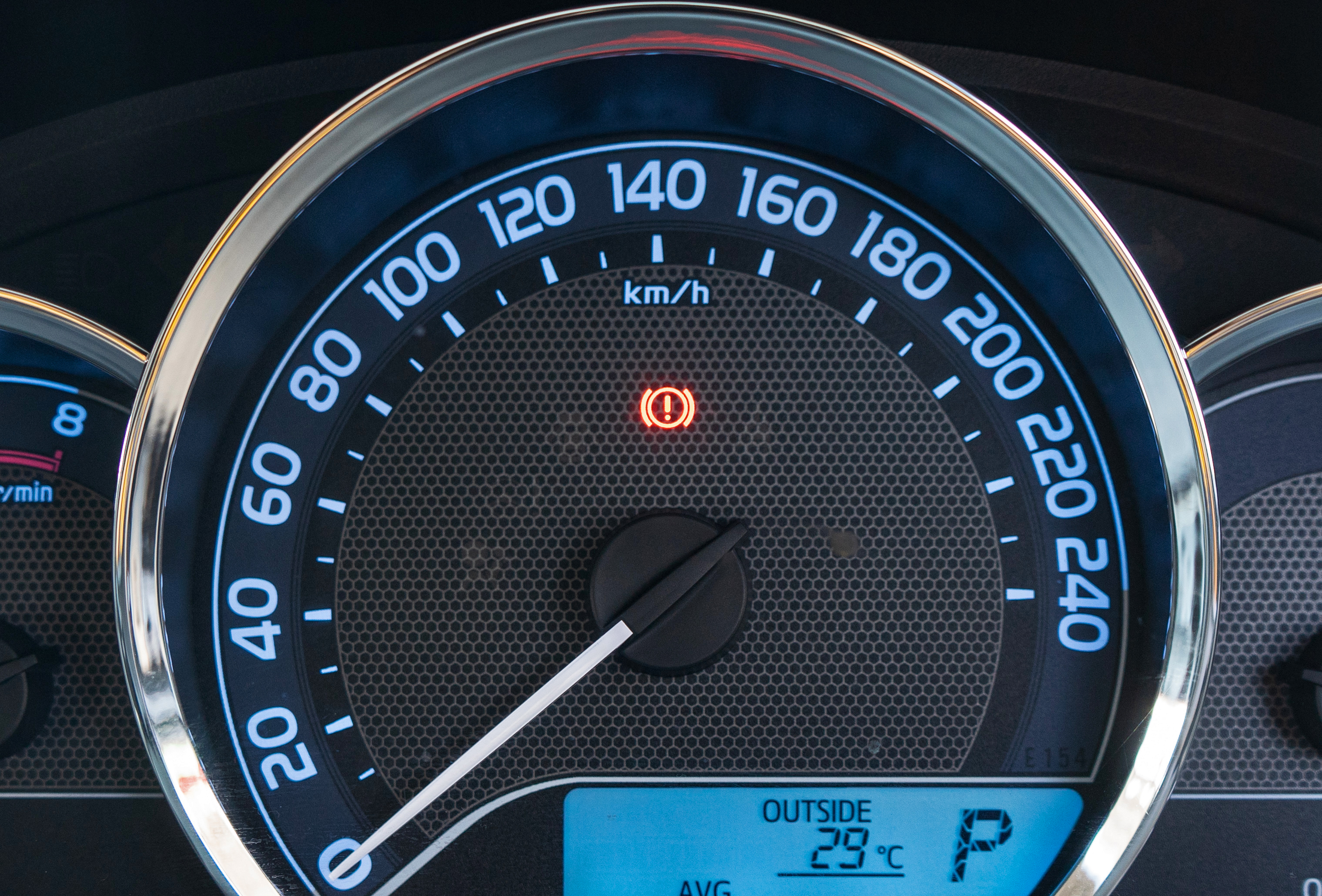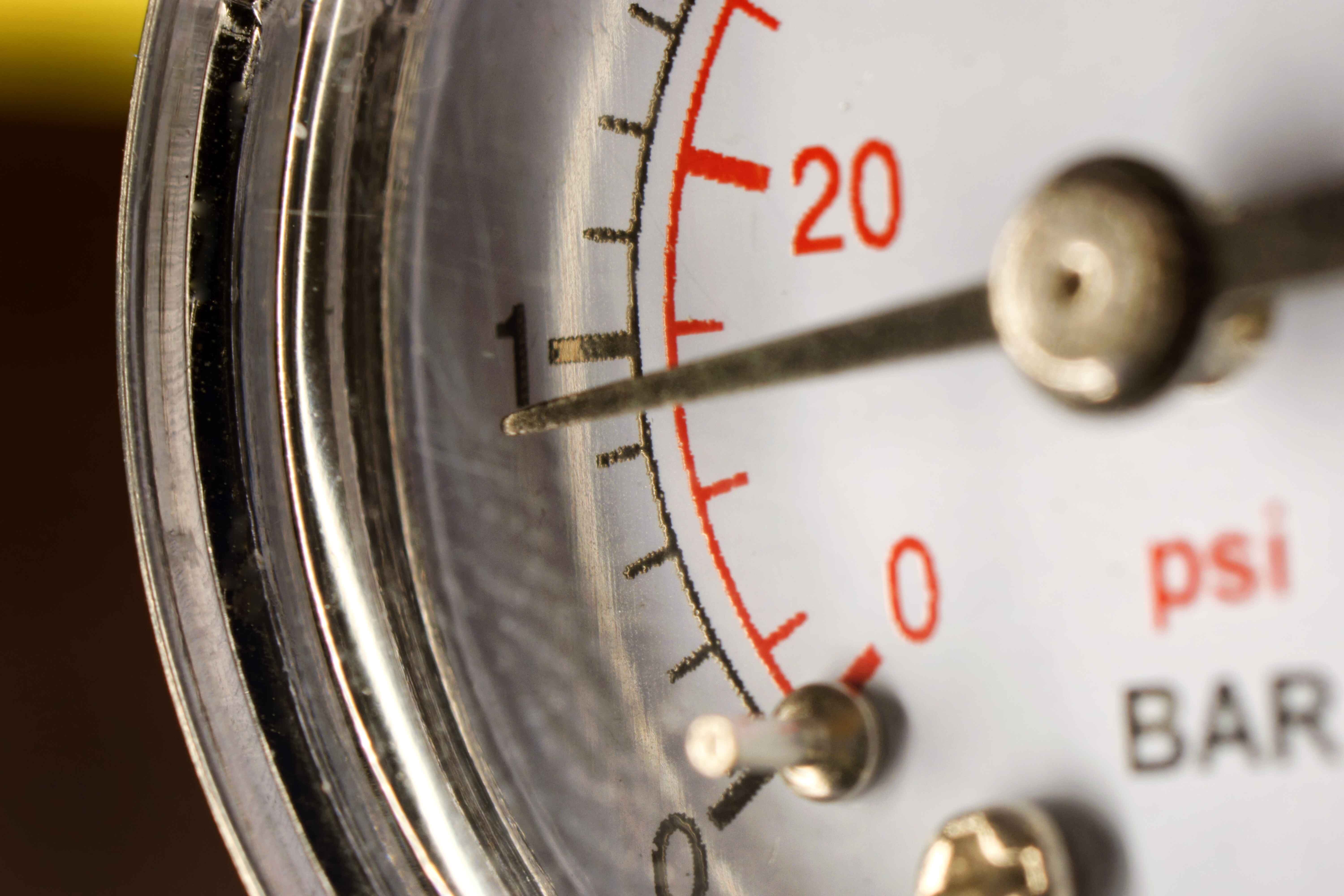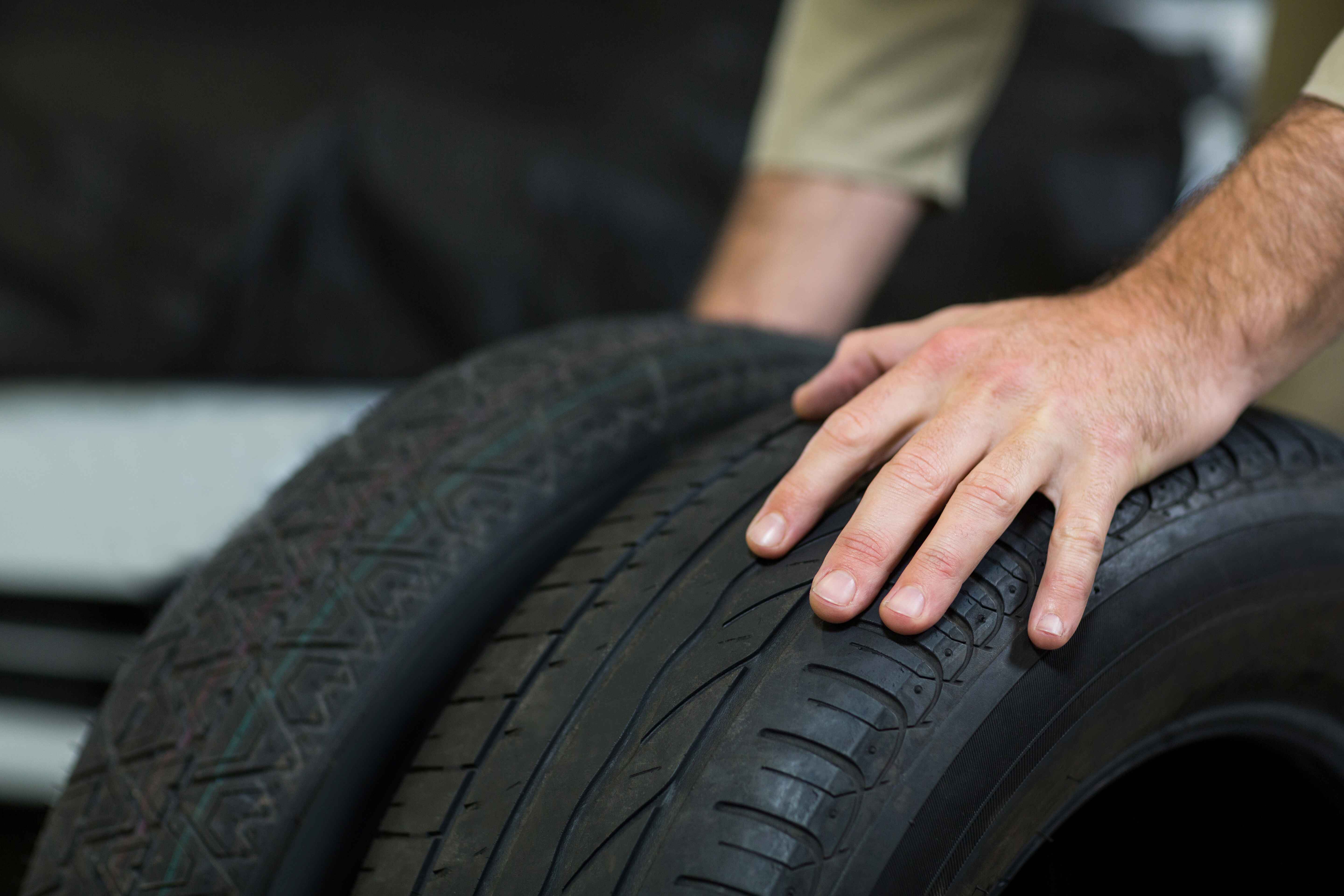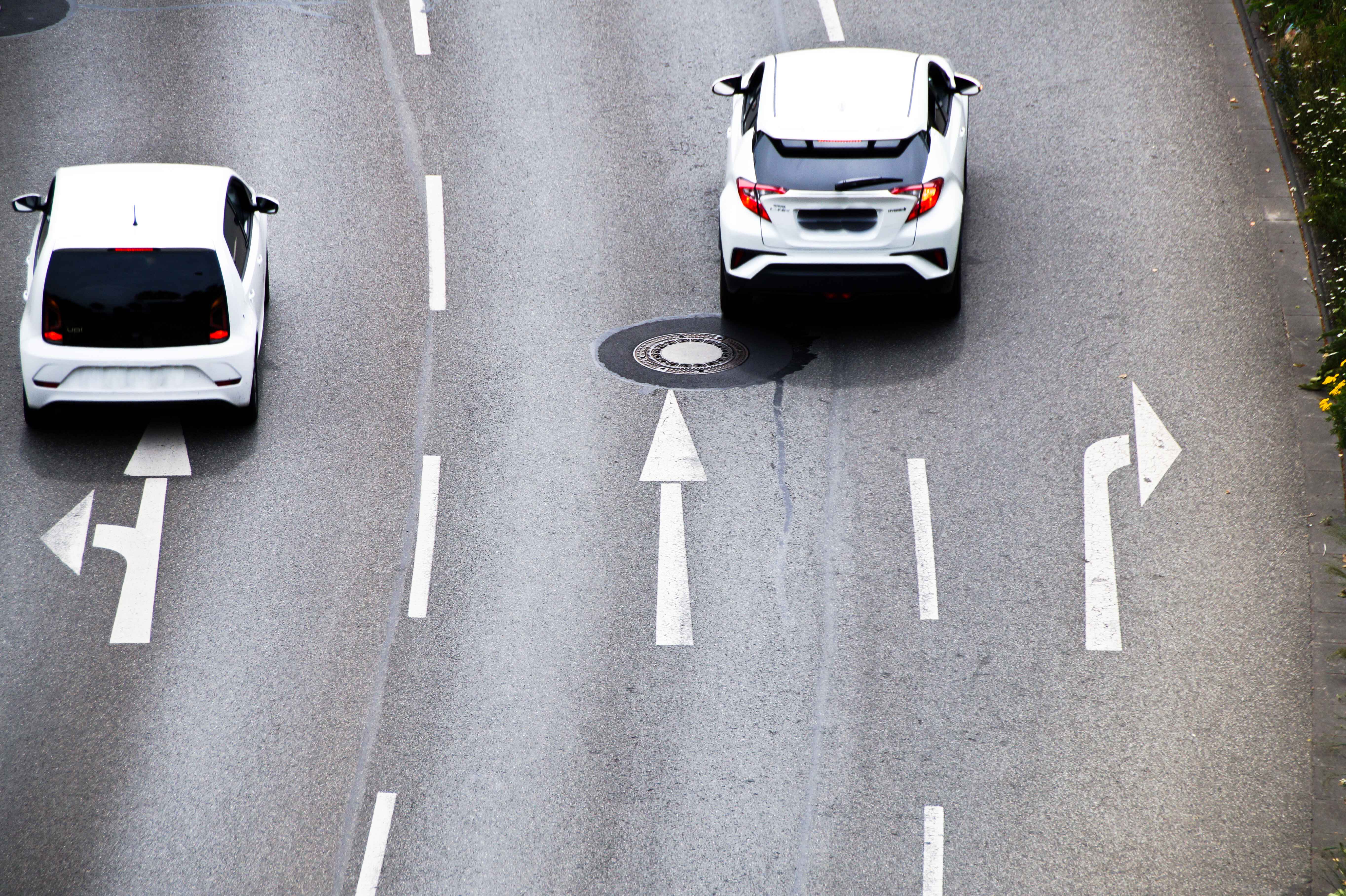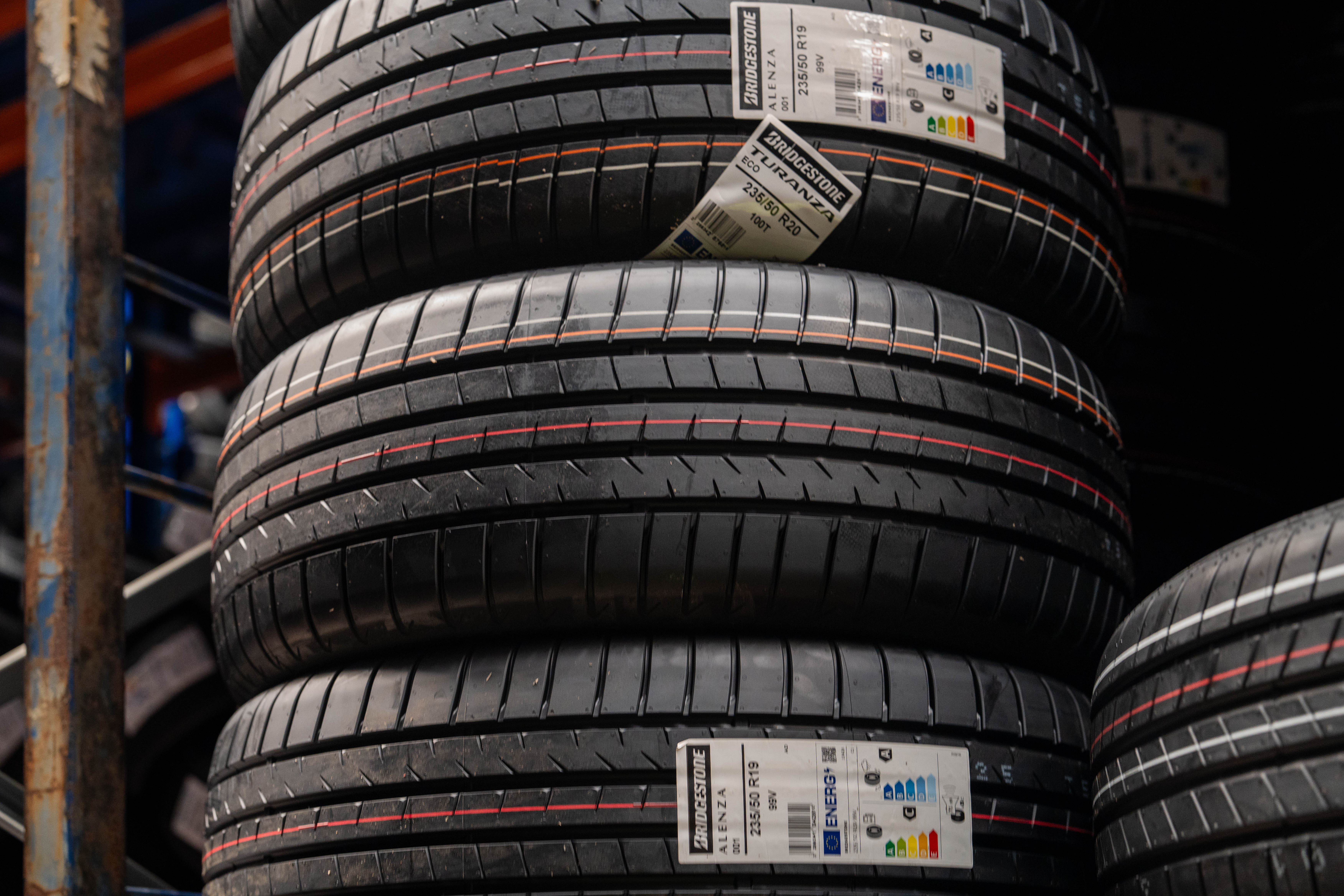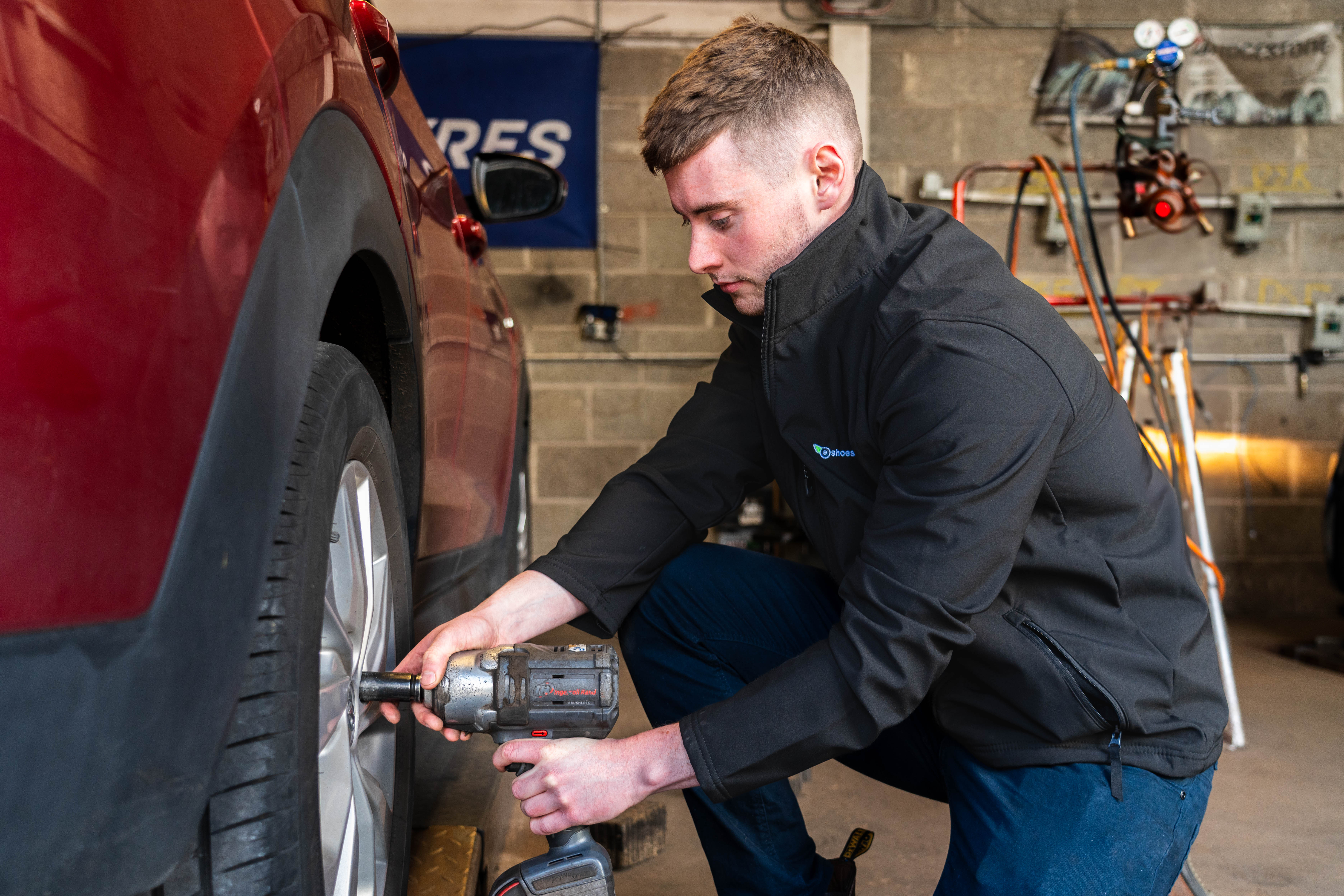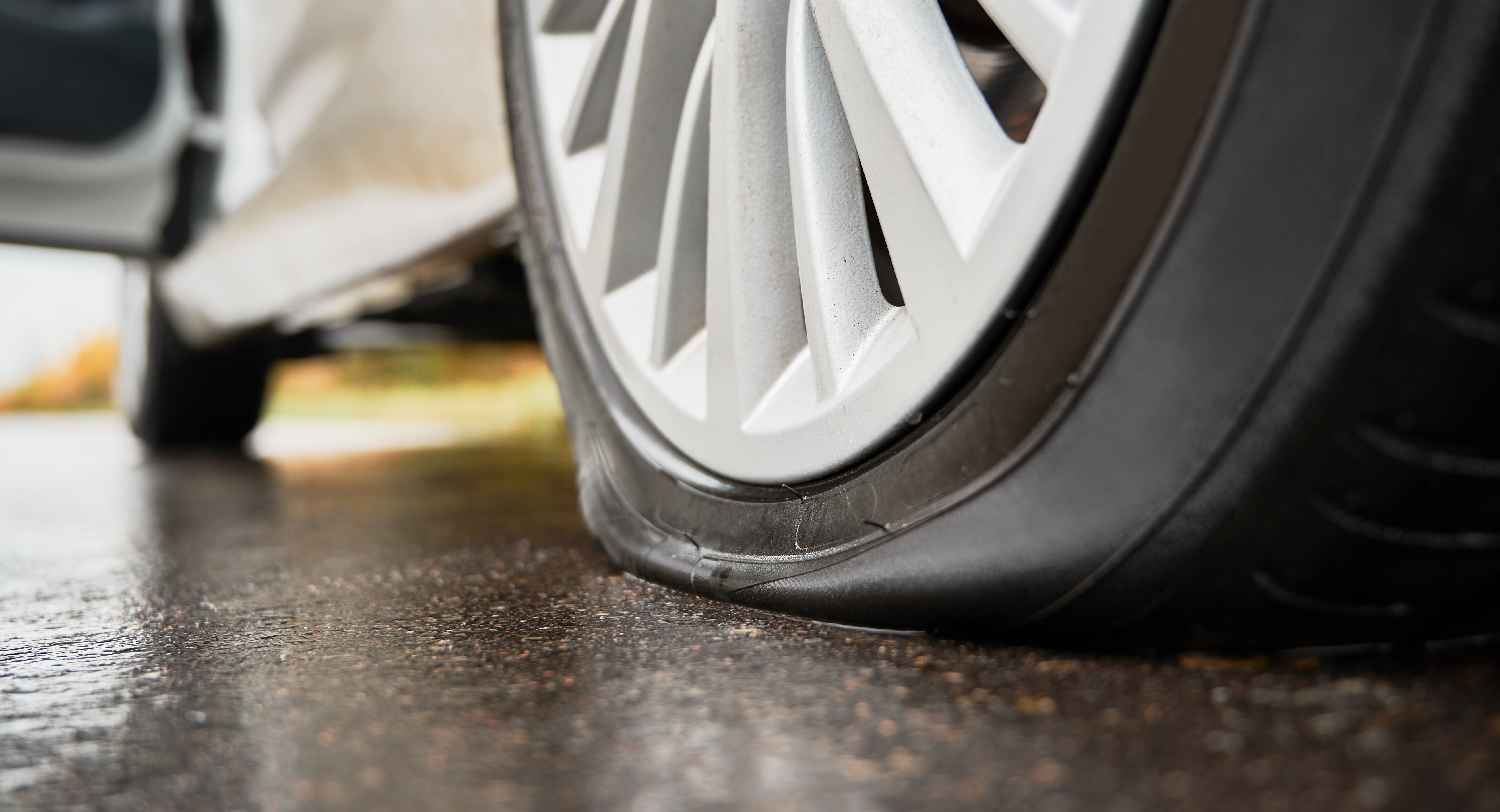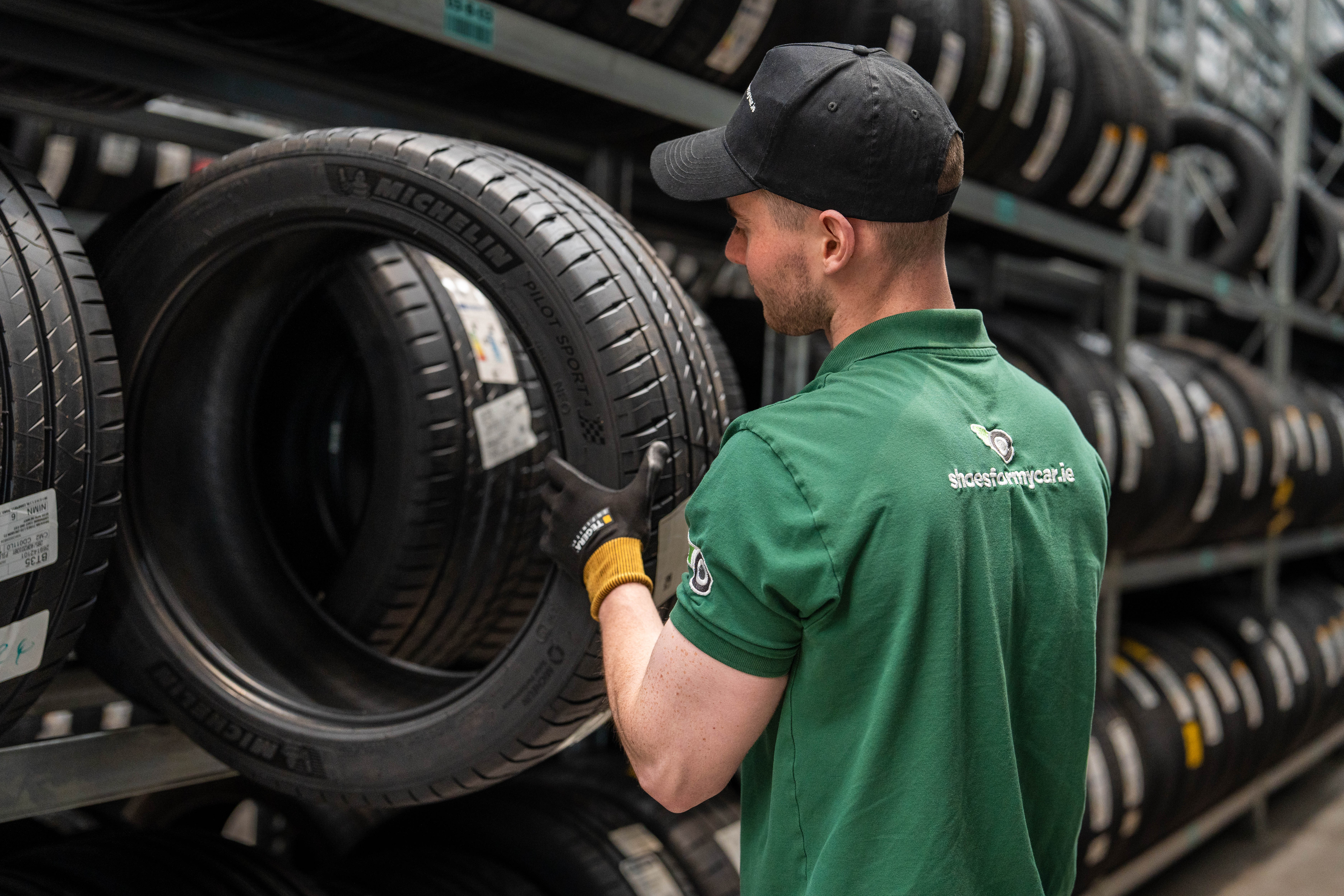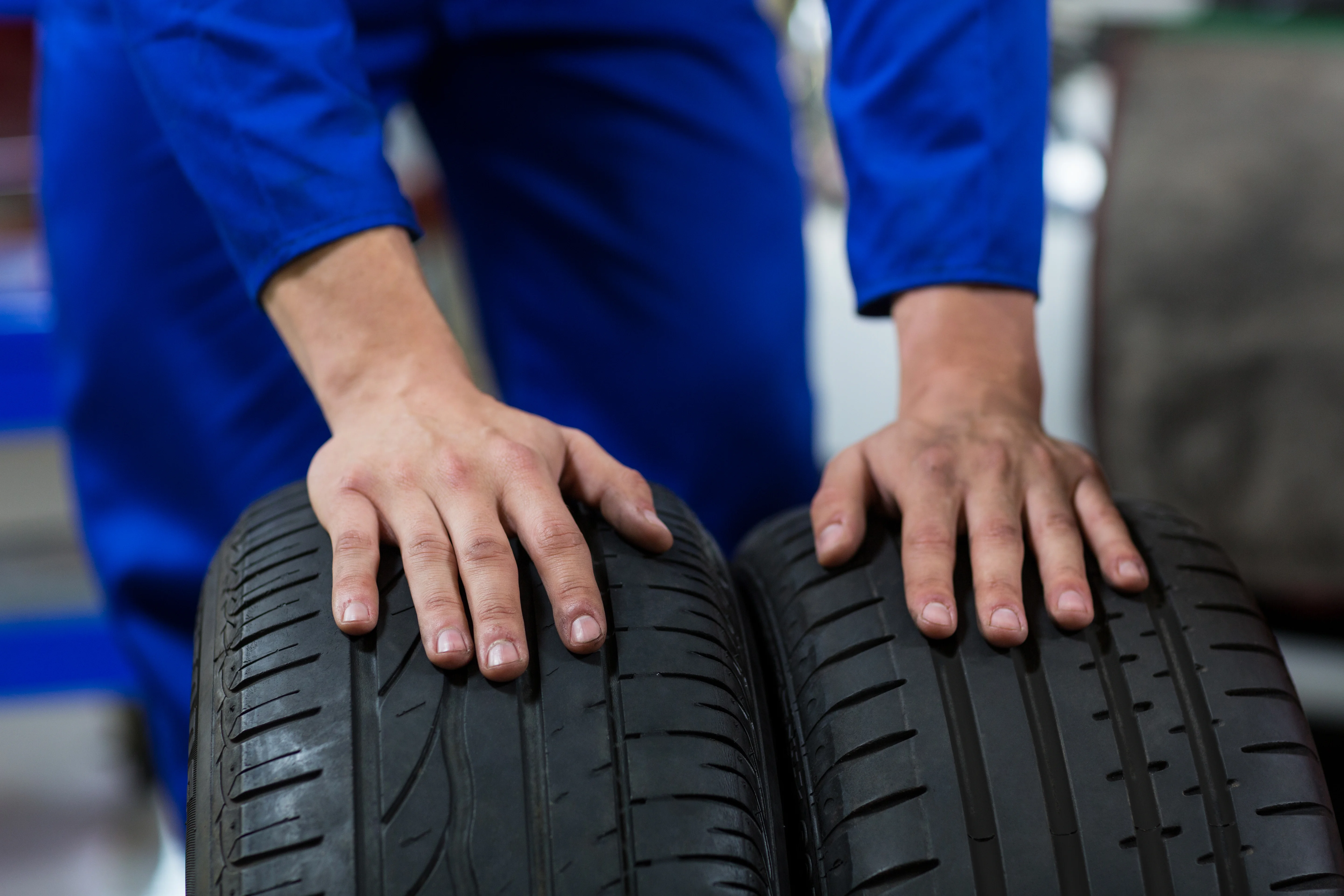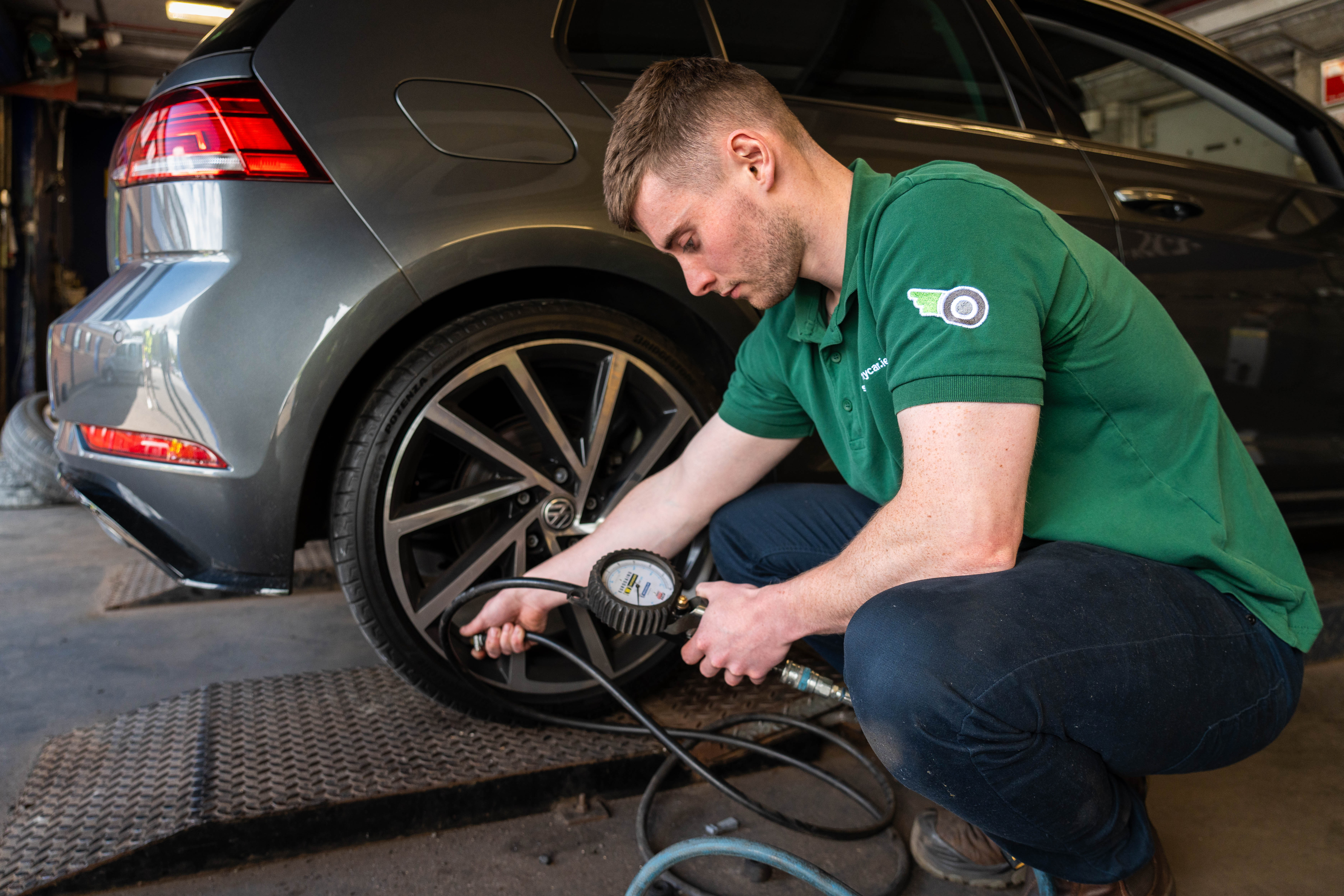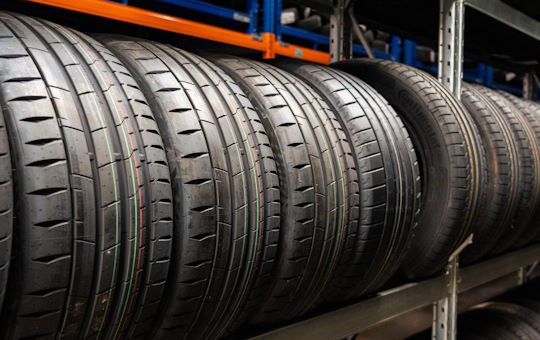Keeping your car safe and roadworthy is essential for your own safety and the safety of other road users.
Regular maintenance and inspections can help prevent accidents and breakdowns, and also extend the lifespan of your vehicle. In this post, we will provide some top tips for keeping your car safe and roadworthy.
Don't Miss: 10 Tips for Tyre Safety →
Top Tips for Maintaining Car Safety
Keeping your car safe on the road starts with simple, consistent care. From checking your tyre pressure to making sure all lights work, small habits can make a big difference. This section covers essential tips that help you stay ahead of potential problems and keep your vehicle in top condition, so every journey is as safe as possible.
Regular Servicing
Regular servicing is essential for keeping your car safe and roadworthy. A full service should be carried out at least once a year, or more often if you use your vehicle frequently. During a service, a mechanic will inspect and replace any worn or damaged parts, change the oil and filters, and carry out other essential maintenance tasks.
Check Your Fluid Levels
Checking your fluid levels regularly can help prevent breakdowns and other problems. The most important fluids to check are the engine oil, coolant, brake fluid, power steering fluid, and windshield washer fluid. Make sure to check these fluids regularly and top them up as necessary.
Keep Your Tyres Inflated and In Good Condition
Properly inflated tyres can improve fuel efficiency and extend the lifespan of your tyres. Make sure to check your tyre pressure regularly and inflate your tyres to the recommended pressure. You should also inspect your tyres for signs of wear or damage and replace them if necessary.
Replace Your Windshield Wipers
Worn windshield wipers can reduce visibility and increase the risk of accidents. Make sure to replace your windshield wipers regularly, especially if you notice streaks or smears on your windshield.
Check Your Brakes
Your brakes are essential for your safety and the safety of other road users. Make sure to check your brakes regularly and replace them if necessary. Signs that your brakes may need replacing include squeaking or grinding noises, a spongy brake pedal, or a pulsating brake pedal.
Related: Understanding Braking Distance in Different Weather Conditions →
Check Your Lights
Your vehicle’s lights are crucial for your visibility and for communicating with other drivers.
Car Light Checklist
- ✓Headlights
- ✓Brake Lights
- ✓Turn Signals
- ✓ Hazard Lights
Make it a habit to check all your lights at least once a month or before long trips. If you notice any bulbs are dim, flickering, or not working, replace them right away.
Also, keep your light covers clean and free from dirt or fogging to ensure maximum brightness. Properly functioning lights help reduce accident risks and keep you legal on the road.
Keep Your Car Clean
Keeping your car clean does more than improve its appearance - it protects it from damage, too.
- Dirt, road salt, and chemicals (especially in winter) can cause corrosion and rust.
- Regular washing removes these harmful substances before they cause damage.
- Don’t forget to clean the undercarriage, where salt often builds up.
- Clean windows, mirrors, and lights also improve your visibility.
A clean car is a safer car and helps maintain its value over time.
Check Your Battery
Your battery is essential for starting your vehicle and powering your electrical system. Make sure to check your battery regularly and replace it if necessary. Signs that your battery may need replacing include a slow engine crank, dim headlights, or a warning light on your dashboard.
Address Any Warning Lights on Your Dashboard
If a warning light appears on your dashboard, don’t ignore it. These lights are your car’s way of telling you that something may be wrong, whether it’s low oil pressure, a battery issue, or a problem with the braking system or TPMS. Even if the car seems to be running normally, continuing to drive with a warning light on can lead to more serious damage, reduced performance, and higher repair costs down the line. Check your vehicle manual to identify the symbol, and if you're unsure, have a mechanic inspect the issue as soon as possible. Acting early can save you money and keep you safe.
Plan for Emergencies
Even with regular maintenance and inspections, breakdowns can still occur. Make sure to keep a spare tyre, jack, and tyre iron in your vehicle, as well as a first aid kit, flashlight, and other emergency supplies.
Emergency Preparedness Checklist
- ✓ Spare tyre, jack, and tyre iron
- ✓ First aid kit
- ✓ Flashlight for visibility and signalling help
- ✓ Mobile phone charger
- ✓ Warm blankets
By following these tips, you can prevent accidents and breakdowns and ensure your vehicle remains reliable and safe on the road.
Keep Your Car Safe and Reliable on Every Journey
Regular car safety checks are essential to protect you and your passengers on every trip. From brakes and tyres to lights and seatbelts, making sure every part of your vehicle is in good working order helps prevent accidents and breakdowns. At Shoes For My Car, we provide expert advice and quality tyres to help you maintain your car’s safety features easily and effectively. Drive with peace of mind knowing your vehicle is road-ready and secure every time you set off.
Car Safety: Frequently Asked Questions
How often should I service my car?It is recommended to service your car at least once a year, or more frequently if you drive a lot or under harsh conditions.
How do I know if my tyres need replacing?Check for tread depth below 1.6mm, visible damage, cracks, or uneven wear. Also, look for warning indicators built into the tyre tread.
What should I do if a warning light comes on?
Don't ignore it. Check your vehicle manual for the light's meaning and seek professional advice if unsure. Early diagnosis prevents bigger problems.
How often should I check my fluid levels?
Check your fluids monthly or before long trips, and top them up as necessary to avoid breakdowns and maintain safety.
What emergency supplies should I keep in my car?
Keep a spare tyre, jack, tyre iron, first aid kit, flashlight, mobile phone charger, and warm blankets for safety during breakdowns.

